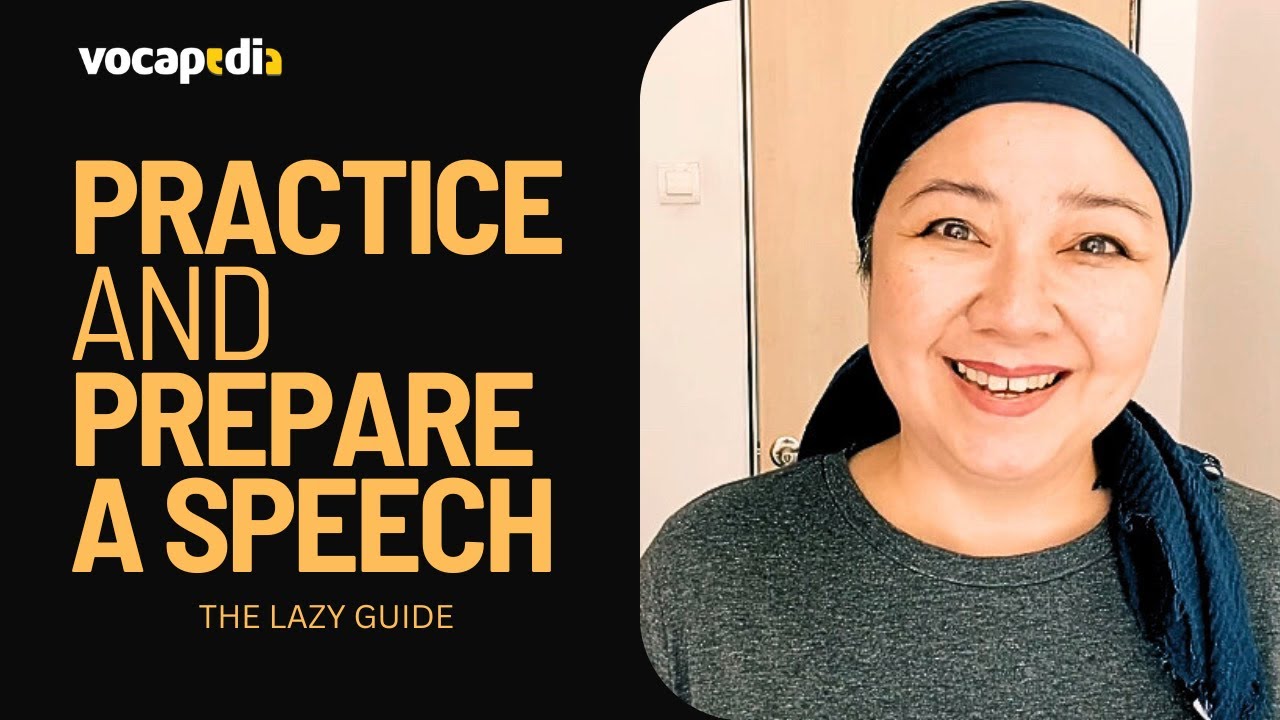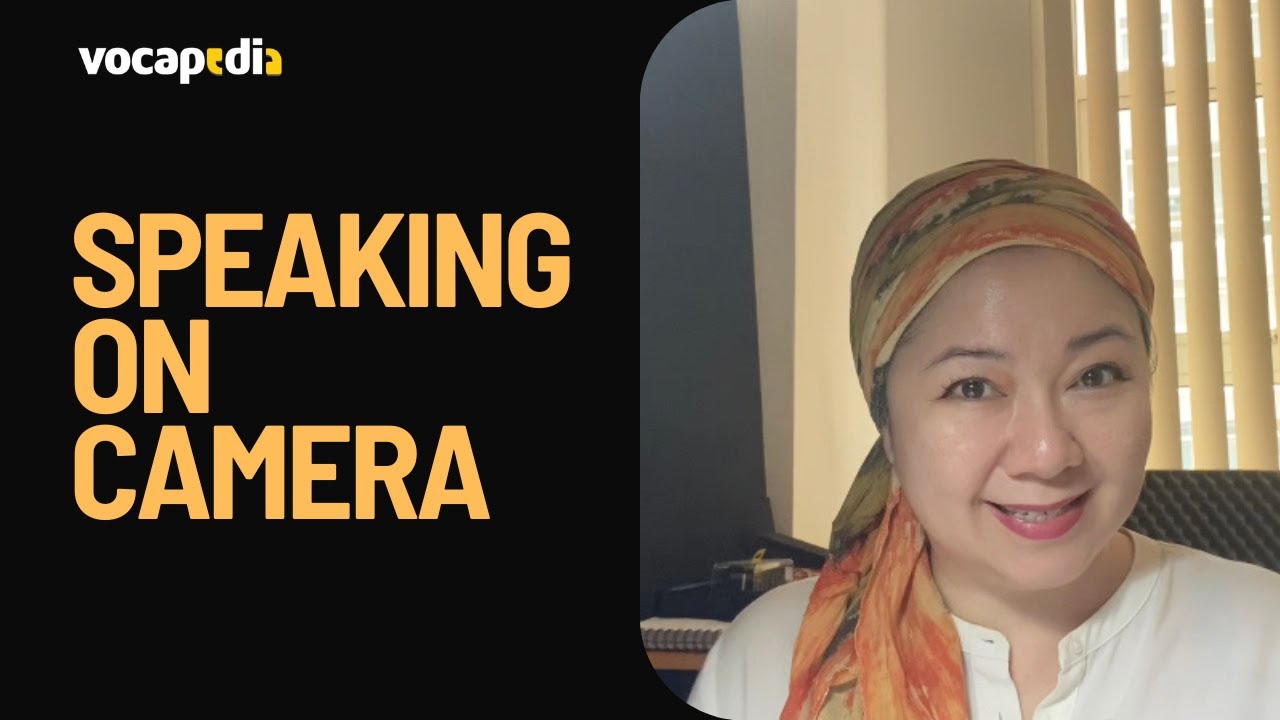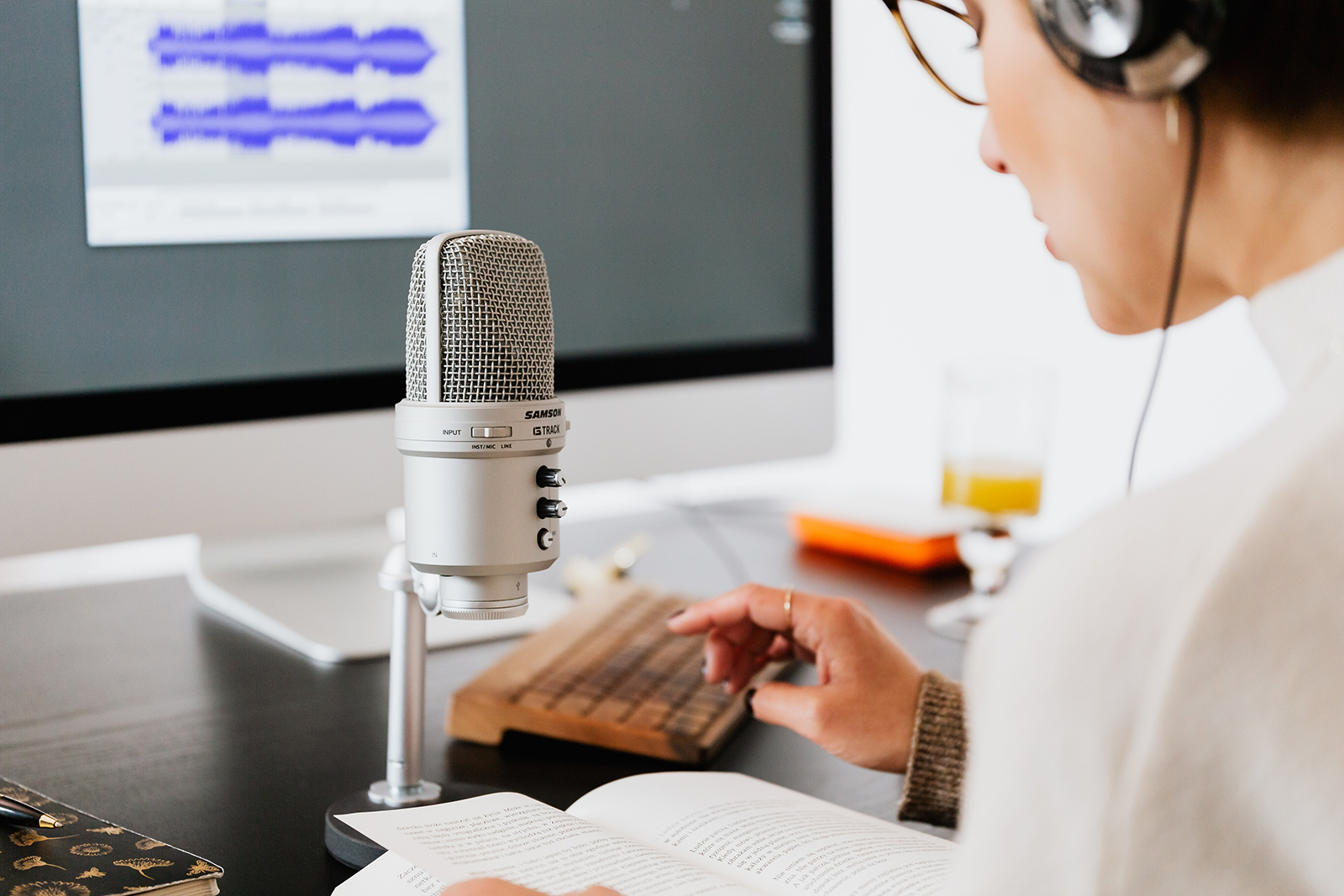I ran a poll on LinkedIn to find out “What’s the biggest hurdle you face when trying to post a video of yourself speaking?” The results of the poll reveal that the majority didn’t like the sound of their voice at 36%, followed by not loving how they look at 24%. The rest of the results were related to forgetting or not knowing what to say. I’m not surprised, because many people say this exact statement when I assess them in my Voice & Speech workshops or coaching program. After hearing themselves on a recorded playback, very often I hear statements like “I hate hearing myself speak”, “That doesn’t sound like me” or “I sound strange”.
This is quite normal. Most of us don’t go around loving the sound of our own voices. Ok, maybe you and I know a few people with narcissistic tendencies. Even for me as a voiceover artist, I cringe when I hear myself back on those big state-of-the-art speaker monitors in professional recording studios, in the presence of clients, creative writers, producers and sound engineers. Again and again and again, self-scrutinising every cadence and inflexion. But that’s part of the job and over the years, I got used to it. This is exactly how I advise my students to overcome their self-loathing when they hear themselves back on a video recording – Keep listening to yourself until you get used to it. What’s even better is to understand WHY people hate the sound of their own voice.
The reason why you hate the sound of your own voice is because of perception and expectation. There seems to be a disassociation between what you perceive your voice to be like when you are speaking and what you hear when it is being played back on video/audio. The fact of the matter is this .. the voice you hear when it is being played back IS your actual true voice (let’s disregard audio recording quality for now). That’s what people hear when you speak. The voice that you hear resonating from your body as you speak is not a completely accurate representation of what your voice actually sounds like.
There is a biological explanation to why this is so, referencing vibrations in the eardrums and other physiological parts of the ear, even distance of the mouth, but for the purpose of simplicity – people perceive their voice to be slightly deeper than it actually is. So when they listen to their voice on playback, on video or audio recording, they react and feel uncomfortable when they hear a voice that is higher in pitch. Which is why you often hear reactions like “Is that really me? That doesn’t sound like me.” Does this sound familiar?
So what now? Are you going to let this situation prevent you from moving forwards in your speaking goals, projects and pursuits?
My recommendation is this – start getting used to it. Listen to yourself on that recorded playback, again and again, keep recording and listening until the sound of your voice stops becoming an issue or the reason you cringe and squirm. Because it is only you who is reacting this way. This is what everyone else around you has been hearing all the while.
Instead, focus on clarity, expression and structure of what you say, instead of how you sound. If you are including a visual of yourself in the recording then pay attention to facial gestures. Do not attempt to change the tone of your voice, unless the narrative requires you to do so (in the case of voiceover work where we sometimes, but rarely, need to do that for the script). Breathe, be yourself and believe that you are doing fine.
If you need more help on this, drop me a message. That’s what I do.





